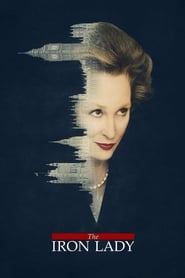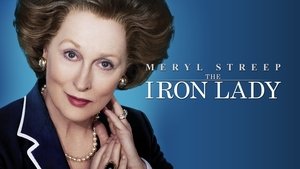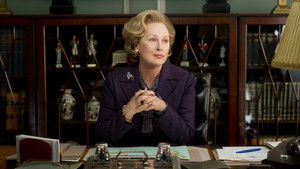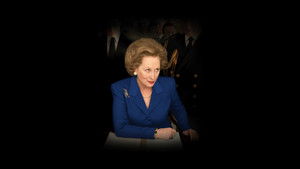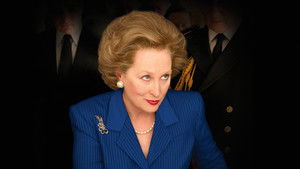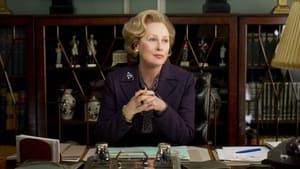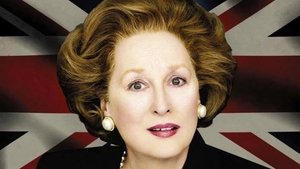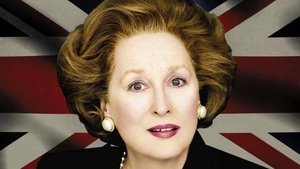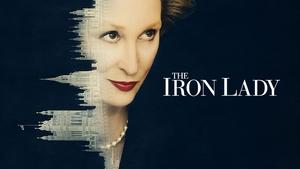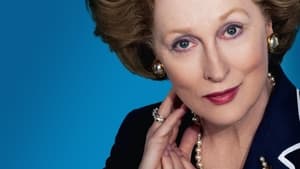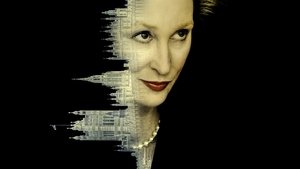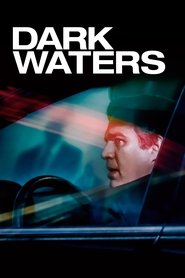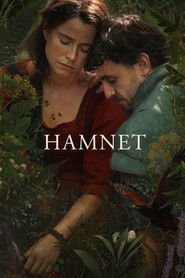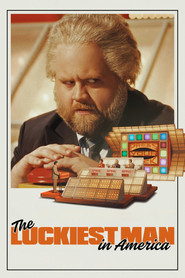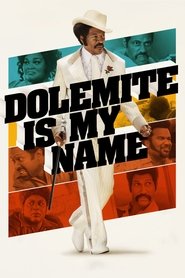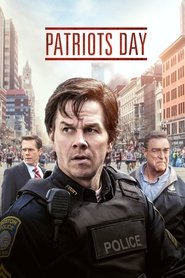If you're following all of this year's awards season hoop-la, like me, you may be confused why movies like The Artist and Phyllida Lloyd's The Iron Lady qualify as 2011 releases. Chances are these film's didn't (or won't) hit a big screen near you until well into 2012. Well, the answer rests in the loophole known as "one week qualifying runs". These qualifying runs are a sneaky way for movie distributors to make their films eligible for the Academy Awards without forcing a nationwide release during the correct calendar year. You see, since the Oscars don't air on television until the end of February, many distributors use these qualifying runs to hold off wide scale releases until right before the Academy Awards. They hope that such a ploy will generate a larger buzz as Oscar voting gets under way. It's a flawed system, and completely unfair to the early year releases that become lost and forgotten (i.e. Win Win and Beginners) during the long road to the Oscars. As if Meryl Streep needs any advantage in the Best Actress competition.
Through the use of flashback, The Iron Lady tells the life story of the United Kingdom's only female Prime Minister, Margaret Thatcher (played by Streep). During her 11 year reign, Thatcher's no nonsense attitude helped end the Cold War and garner the nickname "The Iron Lady". Extremely controversial as well, Thatcher's hard nose conservative approach to politics made her quite the polarizing figure. The Iron Ladyfollows her unbelievable rise to power, and her inevitable downfall and resignation as Prime Minister of the United Kingdom.

Phyllida Lloyd's The Iron Lady is a maddening non-chronological journey through the life and mind of Margaret Thatcher. The film spends most of its time examining an elderly Thatcher as she experiences intense hallucinations and displays early signs of dementia. Lloyd attempts to use Thatcher's final moments as a mentally capable person as a platform of internal and psychological debate. As old age creeps upon each of us, which it surely will, thoughts of regret and reconciliation become imminent. The Iron Lady is Thatcher's chance to reflect on her groundbreaking ascension to power and the price she paid for it. Through her climb to the political forefront, Lloyd clearly paints a picture of division between Thatcher and her husband (played by Broadbent) and children. However, illustrating Thatcher's deep rooted regret through her senile recollection of past events seems all too nonsensical. Lloyd's roundabout approach leaves The Iron Lady feeling unfulfilled and unconvincing.

Although the film is far from perfect, its strength can be found in its cast. A once again award winning performance comes at the hands of the great Meryl Streep. She tackles this Oscar hungry role in a credible fashion. Streep's impersonation of Thatcher is spot on and the resemblance is uncanny. But if there's any downfall to the performance, it relies solely on the character of Thatcher that is created by the director. Streep is excellent at exemplifying the Margaret Thatcher Lloyd wants to portray, however, I question if it was the right decision by the director. In addition to Streep, Jim Broadbent is admirable as well as Margaret's loyal husband Denis. From top to bottom, the film is well acted and perfectly cast.
The Iron Lady is, by far, one of the strangest biopics I've ever seen. It's tiresome fascination with Thatcher's elderly psychological instability wears thin immediately. This unusual plan of attack gives the film a creepy and dark tone, which is far too peculiar for a biopic. With such an iconic figure in world history, you can't help but expect a better final product than what The Iron Lady offers. Streep's performance is undoubtedly exquisite, but it's not worth the rest of the muck you have to sort through. Unless you're dying to see Streep's award winning portrayal, I recommend shying away from this one.
-
 NameMeryl StreepCharacterMargaret Thatcher
NameMeryl StreepCharacterMargaret Thatcher -
 NameJim BroadbentCharacterDenis Thatcher
NameJim BroadbentCharacterDenis Thatcher -
 NameOlivia ColmanCharacterCarol Thatcher
NameOlivia ColmanCharacterCarol Thatcher -
 NameRoger AllamCharacterGordon Reece
NameRoger AllamCharacterGordon Reece -
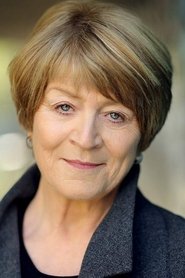 NameSusan BrownCharacterJune
NameSusan BrownCharacterJune -
 NameNick DunningCharacterJim Prior
NameNick DunningCharacterJim Prior -
 NameNicholas FarrellCharacterAirey Neave
NameNicholas FarrellCharacterAirey Neave -
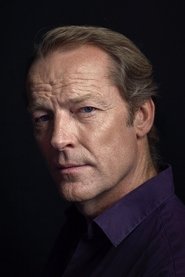 NameIain GlenCharacterAlfred Roberts
NameIain GlenCharacterAlfred Roberts -
 NameRichard E. GrantCharacterMichael Heseltine
NameRichard E. GrantCharacterMichael Heseltine -
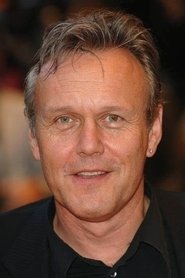 NameAnthony Stewart HeadCharacterGeoffrey Howe
NameAnthony Stewart HeadCharacterGeoffrey Howe -
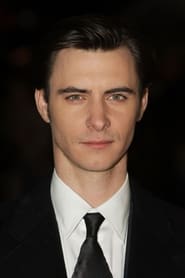 NameHarry LloydCharacterYoung Denis Thatcher
NameHarry LloydCharacterYoung Denis Thatcher -
 NameMichael MaloneyCharacterDoctor
NameMichael MaloneyCharacterDoctor -
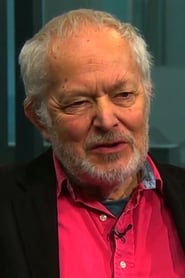 NameMichael PenningtonCharacterMichael Foot
NameMichael PenningtonCharacterMichael Foot -
 NameAlexandra RoachCharacterYoung Margaret Thatcher
NameAlexandra RoachCharacterYoung Margaret Thatcher -
 NameAmanda RootCharacterAmanda
NameAmanda RootCharacterAmanda -
 NamePip TorrensCharacterIan Gilmour
NamePip TorrensCharacterIan Gilmour -
 NameJulian WadhamCharacterFrancis Pym
NameJulian WadhamCharacterFrancis Pym -
 NameDavid WestheadCharacterShadow Minister
NameDavid WestheadCharacterShadow Minister -
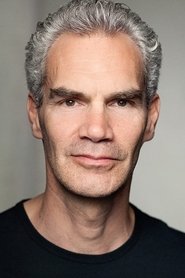 NameAngus WrightCharacterJohn Nott
NameAngus WrightCharacterJohn Nott -
 NameAlice da CunhaCharacterCleaner
NameAlice da CunhaCharacterCleaner -
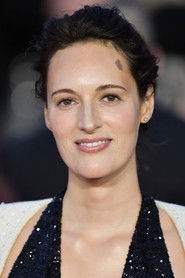 NamePhoebe Waller-BridgeCharacterSusie
NamePhoebe Waller-BridgeCharacterSusie -
 NameVictoria BewickCharacterMuriel Roberts
NameVictoria BewickCharacterMuriel Roberts -
 NameEmma DewhurstCharacterBeatrice Roberts
NameEmma DewhurstCharacterBeatrice Roberts -
 NameSylvestra Le TouzelCharacterHostess 1949
NameSylvestra Le TouzelCharacterHostess 1949 -
 NameMichael CulkinCharacterHost 1949
NameMichael CulkinCharacterHost 1949 -
 NameStephanie JacobCharacterFemale Guest 1949
NameStephanie JacobCharacterFemale Guest 1949 -
 NameRobert PortalCharacterGrey Suited Guest 1949
NameRobert PortalCharacterGrey Suited Guest 1949 -
 NameRichard DixonCharacterMale Guest - 1949
NameRichard DixonCharacterMale Guest - 1949 -
 NameClifford RoseCharacterJames R
NameClifford RoseCharacterJames R -
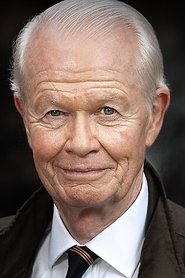 NameMichael CochraneCharacterWilliam
NameMichael CochraneCharacterWilliam -
 NameJeremy ClydeCharacterJames T
NameJeremy ClydeCharacterJames T -
 NameMichael SimkinsCharacterPeter
NameMichael SimkinsCharacterPeter -
 NameEloise WebbCharacterYoung Carol
NameEloise WebbCharacterYoung Carol -
 NameAlexander BeardsleyCharacterYoung Mark
NameAlexander BeardsleyCharacterYoung Mark -
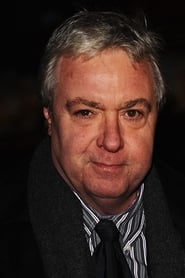 NameJohn SessionsCharacterEdward Heath
NameJohn SessionsCharacterEdward Heath -
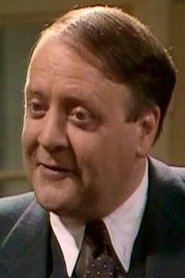 NameRichard SymsCharacterHouse of Commons Speaker
NameRichard SymsCharacterHouse of Commons Speaker -
 NameJohn HardingCharacterCabinet Minister
NameJohn HardingCharacterCabinet Minister -
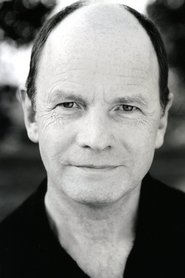 NameSimon ChandlerCharacterCabinet Minister
NameSimon ChandlerCharacterCabinet Minister -
 NameStephen BoxerCharacterCabinet Minister
NameStephen BoxerCharacterCabinet Minister -
 NameJasper JacobCharacterCabinet Minister
NameJasper JacobCharacterCabinet Minister -
 NameRupert VansittartCharacterCabinet Minister
NameRupert VansittartCharacterCabinet Minister -
 NameRobin KermodeCharacterJohn Major - Cabinet Minister
NameRobin KermodeCharacterJohn Major - Cabinet Minister -
 NameAndrew HavillCharacterCabinet Minister
NameAndrew HavillCharacterCabinet Minister -
 NameMichael ElwynCharacterCabinet Minister
NameMichael ElwynCharacterCabinet Minister -
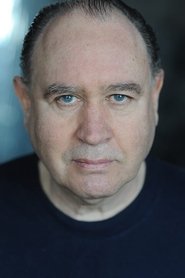 NamePeter PaceyCharacterCabinet Minister
NamePeter PaceyCharacterCabinet Minister -
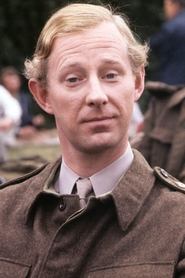 NameJeremy ChildCharacterCabinet Minister
NameJeremy ChildCharacterCabinet Minister -
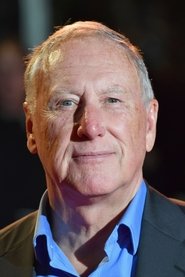 NameJames SmithCharacterLord Carrington - Cabinet Minister
NameJames SmithCharacterLord Carrington - Cabinet Minister -
 NameHugh RossCharacterCabinet Minister
NameHugh RossCharacterCabinet Minister -
 NameChris CampbellCharacterCabinet Minister
NameChris CampbellCharacterCabinet Minister -
 NamePaul BentleyCharacterDouglas Hurd - Cabinet Minister
NamePaul BentleyCharacterDouglas Hurd - Cabinet Minister -
 NameMartin WimbushCharacterCabinet Minister
NameMartin WimbushCharacterCabinet Minister -
 NameSimon SlaterCharacterCabinet Minister
NameSimon SlaterCharacterCabinet Minister -
 NameDavid CannCharacterTV Interviewer
NameDavid CannCharacterTV Interviewer -
 NameChristopher LuscombeCharacterVoice Coach
NameChristopher LuscombeCharacterVoice Coach -
 NameAngela CurranCharacterCrawfie
NameAngela CurranCharacterCrawfie -
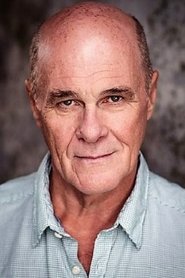 NameDavid RintoulCharacterAdmiral Fieldhouse
NameDavid RintoulCharacterAdmiral Fieldhouse -
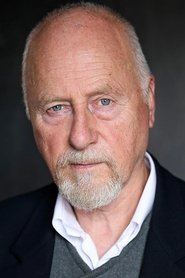 NameNicholas JonesCharacterAdmiral Leach
NameNicholas JonesCharacterAdmiral Leach -
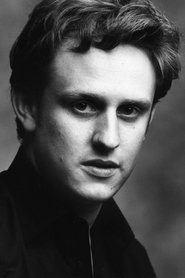 NameRichard GouldingCharacterNaval Attaché
NameRichard GouldingCharacterNaval Attaché -
 NameMatthew MarshCharacterAlexander Haig
NameMatthew MarshCharacterAlexander Haig -
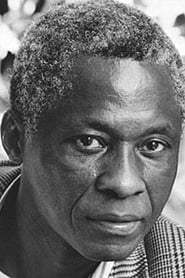 NameWillie JonahCharacterKenneth Kaunda
NameWillie JonahCharacterKenneth Kaunda
-
 NamePhyllida LloydJobDirector
NamePhyllida LloydJobDirector -
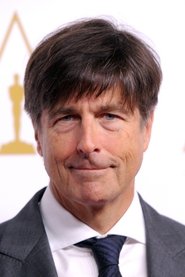 NameThomas NewmanJobOriginal Music Composer
NameThomas NewmanJobOriginal Music Composer -
 NameNina GoldJobCasting
NameNina GoldJobCasting -
 NameFrançois IvernelJobExecutive Producer
NameFrançois IvernelJobExecutive Producer -
 NameJustine WrightJobEditor
NameJustine WrightJobEditor -
 NameDamian JonesJobProducer
NameDamian JonesJobProducer -
 NameAdam KulickJobExecutive Producer
NameAdam KulickJobExecutive Producer -
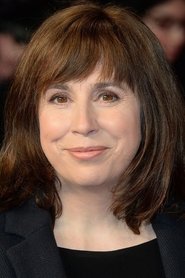 NameAbi MorganJobScreenplay
NameAbi MorganJobScreenplay -
 NameSimon ElliottJobProduction Design
NameSimon ElliottJobProduction Design -
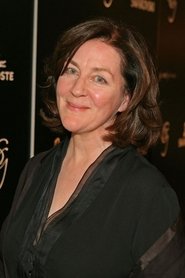 NameConsolata BoyleJobCostume Design
NameConsolata BoyleJobCostume Design -
 NameBradley PorterJobProduction Office Assistant
NameBradley PorterJobProduction Office Assistant -
 NameKevin DayJobStandby Property Master
NameKevin DayJobStandby Property Master -
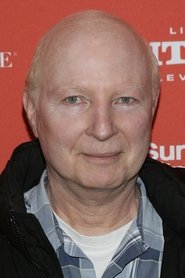 NameElliot DavisJobDirector of Photography
NameElliot DavisJobDirector of Photography -
 NameAnnie GilhoolyJobSet Decoration
NameAnnie GilhoolyJobSet Decoration -
 NameSue HillsJobScript Supervisor
NameSue HillsJobScript Supervisor -
 NameIan NeilJobMusic Supervisor
NameIan NeilJobMusic Supervisor -
 NameBarrie GowerJobProsthetic Makeup Artist
NameBarrie GowerJobProsthetic Makeup Artist -
 NameCameron McCrackenJobExecutive Producer
NameCameron McCrackenJobExecutive Producer -
 NameChris LyonsJobSpecial Effects Makeup Artist
NameChris LyonsJobSpecial Effects Makeup Artist -
 NameTessa RossJobExecutive Producer
NameTessa RossJobExecutive Producer -
 NamePeter GleavesJobADR Mixer
NamePeter GleavesJobADR Mixer -
 NameLino CarbosieroJobHairstylist
NameLino CarbosieroJobHairstylist -
 NameNathaniel De'LineadeusJobSpecial Effects Makeup Artist
NameNathaniel De'LineadeusJobSpecial Effects Makeup Artist -
 NameCraig IrvingJobSound Re-Recording Mixer
NameCraig IrvingJobSound Re-Recording Mixer -
 NameTim CavaginJobSound Re-Recording Mixer
NameTim CavaginJobSound Re-Recording Mixer -
 NameColleen WoodcockJobProducer
NameColleen WoodcockJobProducer -
 NameAnita OverlandJobProducer
NameAnita OverlandJobProducer -
 NameJ. Roy HellandJobMakeup Designer
NameJ. Roy HellandJobMakeup Designer -
 NameJ. Roy HellandJobHair Designer
NameJ. Roy HellandJobHair Designer -
 NameMark CoulierJobProsthetic Makeup Artist
NameMark CoulierJobProsthetic Makeup Artist -
 NameMarese LanganJobMakeup & Hair
NameMarese LanganJobMakeup & Hair


